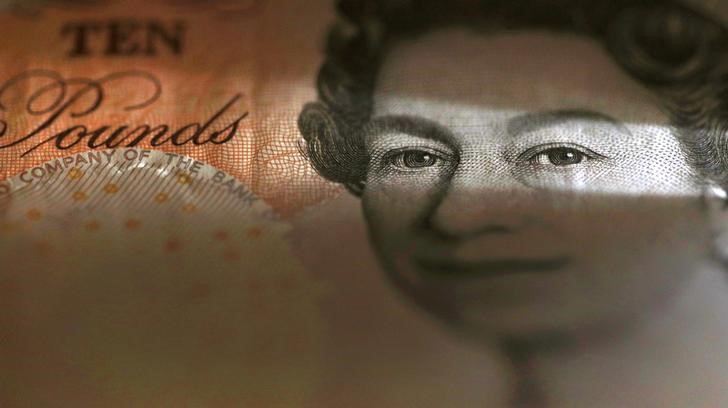British Pound Bounces from Record Low as BoE Response Takes Focus
2022.09.27 00:39
[ad_1]

British Pound Bounces from Record Low as BoE Response Takes Focus
Budrigannews.com – The British pound jumped from record lows on Tuesday as local Treasury yields surged, with focus now turning squarely to potential policy actions by the Bank of England (BoE) to stabilize local currency markets.
The rose 0.7% to $1.0764 by 22:38 ET (02:38 GMT), after plummeting to a record low of $1.0327 on Monday. The currency’s sharp selldown was driven chiefly by concerns over a new plan to cut taxes.
New UK finance minister Kwasi Kwarteng last week , which was likely to be funded by increased borrowing. But traders balked at the sustainability of the proposition, considering that the UK faces slowing growth and twin deficits.
Kwarteng’s proposition was a bid to shore up economic growth, which is reeling from a mix of high inflation and rising interest rates. But the proposition also threatens to stretch already strained fiscal spending.
On Monday, attempted to soothe markets by stating that the bank will raise rates as much as necessary at its next meeting. But the comments did little to lift the pound, as they quashed expectations that the BoE will enact an emergency rate hike.
The BoE last week, and signaled that more tightening was in order. But the pound’s latest slump could see the bank substantially increase its pace of rate hikes.
“It looks like markets are giving sterling the benefit of the doubt for now, though any mistakes will likely be punished severely and they may not wait until November for the new plan,” analysts at ING wrote in a note.
Analysts also speculated over the different methods through which the British government could support the pound. While an emergency rate hike was ruled out, they raised the possibility of the government scaling back the proposed tax cuts.
Another possible response is the reduction of quantitative tightening by the BoE, particularly as gilt yields raced to over a decade high.
Analysts also raised the possibility of government intervention in currency markets, as seen in Japan last week. The British government could also open dollar swap lines, or a flexible credit line with the International Monetary Fund.
[ad_2]








